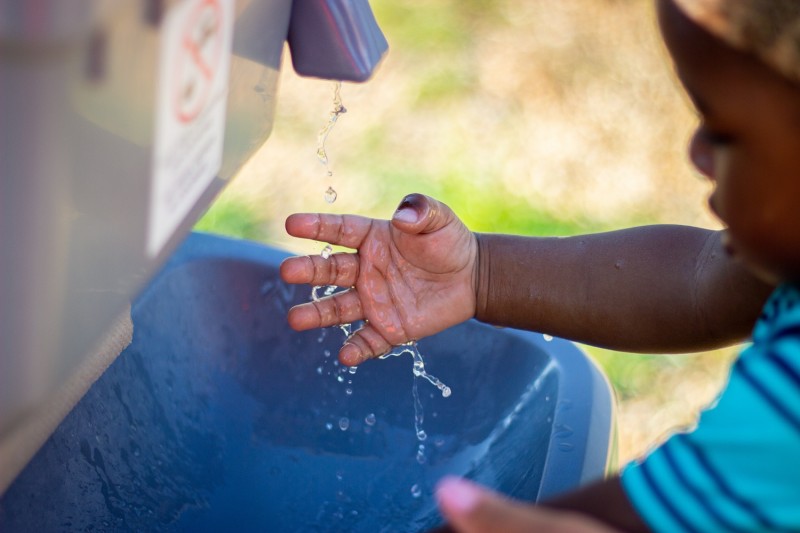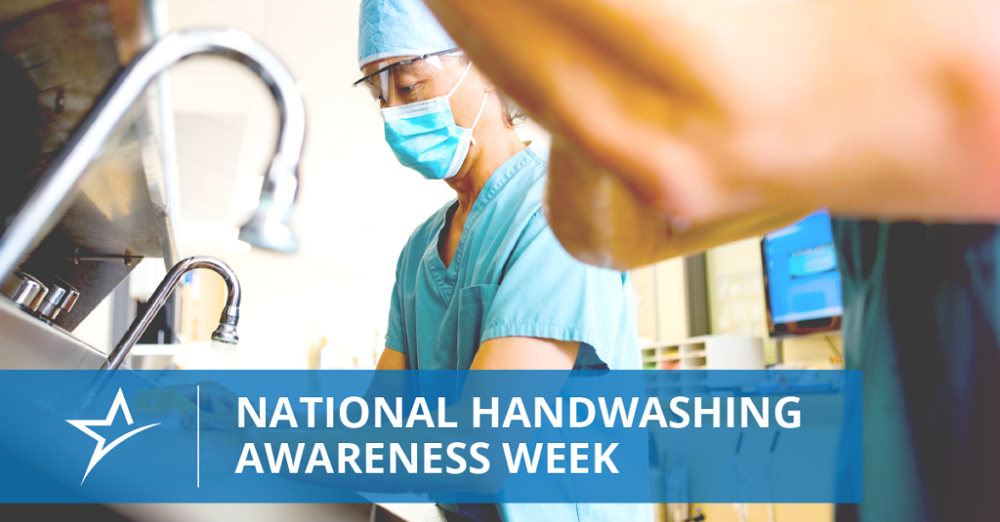
National Handwashing Awareness Week, which will be celebrated this coming 1-7 December 2019, aims to keep the spotlight on the importance of handwashing, which is the most basic but most effective disease prevention method.
Personal hygiene begins and ends with our hands. And basically, clean hands means less chance of getting sick. That is why we are all taught at a young age to wash our hands. It is very important to remember that germs don’t care what time of day it is. And it is especially important to learn the basics about hand hygiene so that you, too, can become a champion hand washer.
When to wash your hands
You can help yourself and your loved ones stay healthy by washing your hands often, especially during these key times when you are likely to get and spread germs:
- When preparing food
- When eating
- When caring for someone who is sick
- Before and after treating a cut or wound
- After going to the bathroom
- After changing diapers or cleaning up a child
- When blowing your nose, coughing or sneezing
- When touching an animal, animal feed, or animal waste
- When handling pet food or pet treats
- When touching garbage
How to wash your hands effectively
- Wet your hands with clean, running warm or cold water. Then turn off the tap and apply soap.
- Lather by rubbing your hands together with soap. Make sure to get the backs of your hands, between your fingers, and under your nails.
- Scrub your hands for at least 20 seconds. You can hum the “Happy Birthday” song from beginning to end twice and use it as a timer.
- Rinse your hands well under clean, running water.
- Use a clean, dry towel to dry your hands. You can also air dry them if you want.
For more imformation about National Handwashing Awareness Week 2019, visit this page. You can also go to cdc.gov to learn more about the importance of handwashing.

|
Do you have a natural health & wellness business? |









